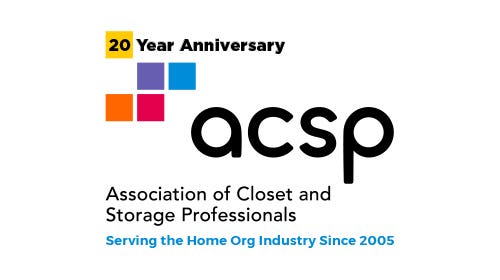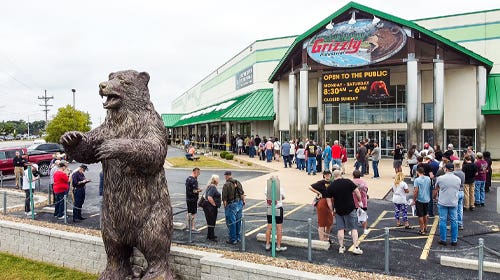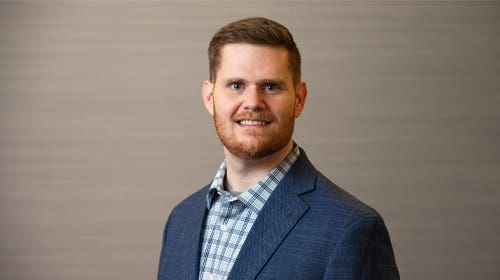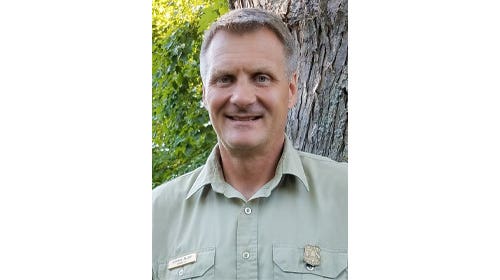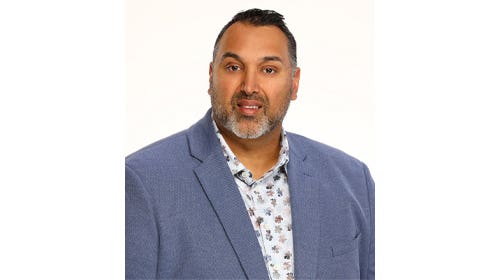Energy-use overhaul suits shops needs
At Mark Richey Woodworking in Newburyport, Mass., the company’s two most extensive sustainability investments are paying dividends by saving hundreds of thousands of dollars in energy costs. {loadposition position10} A…
At Mark Richey Woodworking in Newburyport, Mass., the company's two most extensive sustainability investments are paying dividends by saving hundreds of thousands of dollars in energy costs.
{loadposition position10}
A producer of high-end architectural millwork, the company uses a biomass furnace for shop heat and wood waste disposal. In addition, it is powered by a modern wind turbine that cost roughly $2 million with the help of grants and tax credits. The expected payoff is nearly 20 years of free power.
Greg Porfido, the company's COO, explained the long-term multistep process the company went through to become energy efficient. It has been in business for 25 years, and after the first five years, he and owner Mark Richey acquired an interest in having a biomass furnace.
"Mark and I had been to Europe and we noticed that almost every shop there burned their waste, while we were having ours hauled away to landfills. Of course, we had thought of recycling through the pallet process, but no one wanted our wood because we had mixed fuel in it."
The biomass furnace wasn't practical in their former Essex, Mass., location. But when the company moved to a 130,000-sq.-ft. building in Newburyport, it got serious about saving energy.
"We bought energy efficient lights and an Ecogate dust collection system to manage our 200-hp motor that runs our dust collection - that one item saved around $30,000 a year in electricity alone. We also tightened up drafts in windows and doors. We instituted recycling as well to reduce our garbage."
Then they got real serious, purchasing a Mawera biomass furnace.
"On paper, it didn't look great," says Porfido. "It was close to a half-million dollar investment because we had to put in a hot water infrastructure. It's not just about purchasing the furnace - you have to store the material and feed it into the furnace. The payback was around the 10-year mark. But it was something we really wanted to do because we didn't like where our waste was going.
"The most challenging part of the biomass furnace investment was time spent trying to figure out how to run it. It took us a good two heating seasons. The furnace now heats the entire facility using sawdust and wood chip byproducts. It saves the company $15,000 per month in heating expenses and is expected to pay for itself in seven years."
The idea of the wind turbine followed shortly afterward.
The funding was the biggest hurdle, but the owners found government assistance. So they ordered a feasibility study through a consultant, and when it came back positive, they applied for a state grant and were awarded $500,000 from the Massachusetts Renewable Energy Trust.
But before construction could begin, local government approval was necessary. That required tests and studies to satisfy concerns about height, noise and even bird flight patterns. From application to final construction, the 600-kilowatt turbine generator took two years and $1.9 million to complete.
"The turbine provides about 80 percent of our electricity. We're looking at a monetary payback in roughly six to seven years, depending on the wind. It makes about 1,000 megawatts a year," says Porfido.
The turbine produces both energy renewable credits and power, which equates to about $200,000 a year.
"The life of the turbine is about 25 years, so we're looking at having about 20 years of free power."
He says the turbine is good for the company's image and drives operating costs down substantially, making it more competitive.
Porfido says there are an increasing number of energy-saving options for shops of any size. The cost of solar power has come down substantially, for example. Recycling, reducing waste and eliminating drafts can make a huge difference. His key piece of advice is to be committed when getting involved with sustainability.
"One thing people do is think short term. One thing that's evident with us is that we're looking at being in this for the long haul and are comfortable with these investments. When you look at it like that, these investments become easier."
Contact: Mark Richey Woodworking, 40 Parker St., Newburyport, MA 01950. Tel: 978-499-3800. www.markrichey.com
This article originally appeared in the May 2010 issue.



